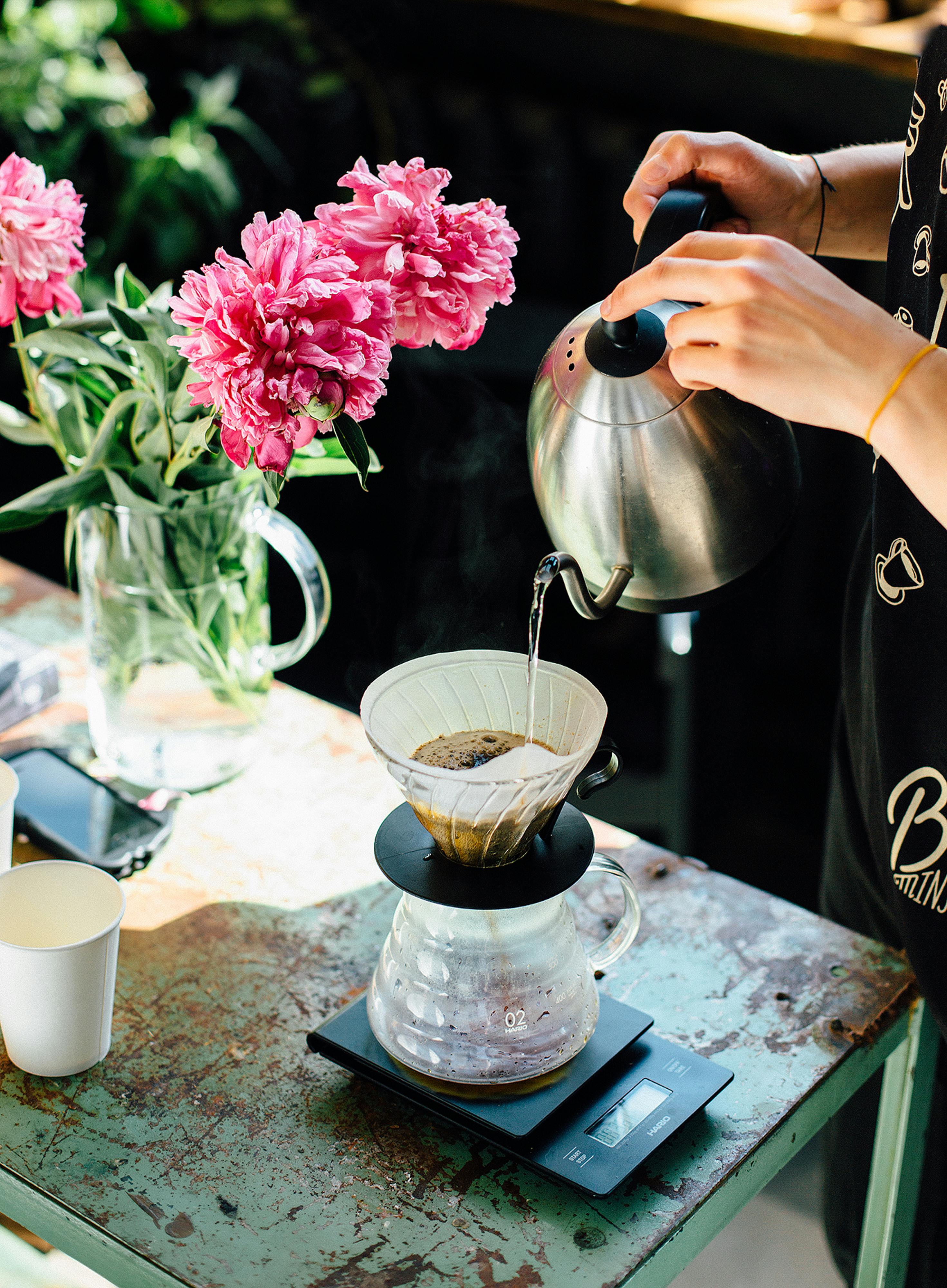What is and Defines Specialty Coffee?
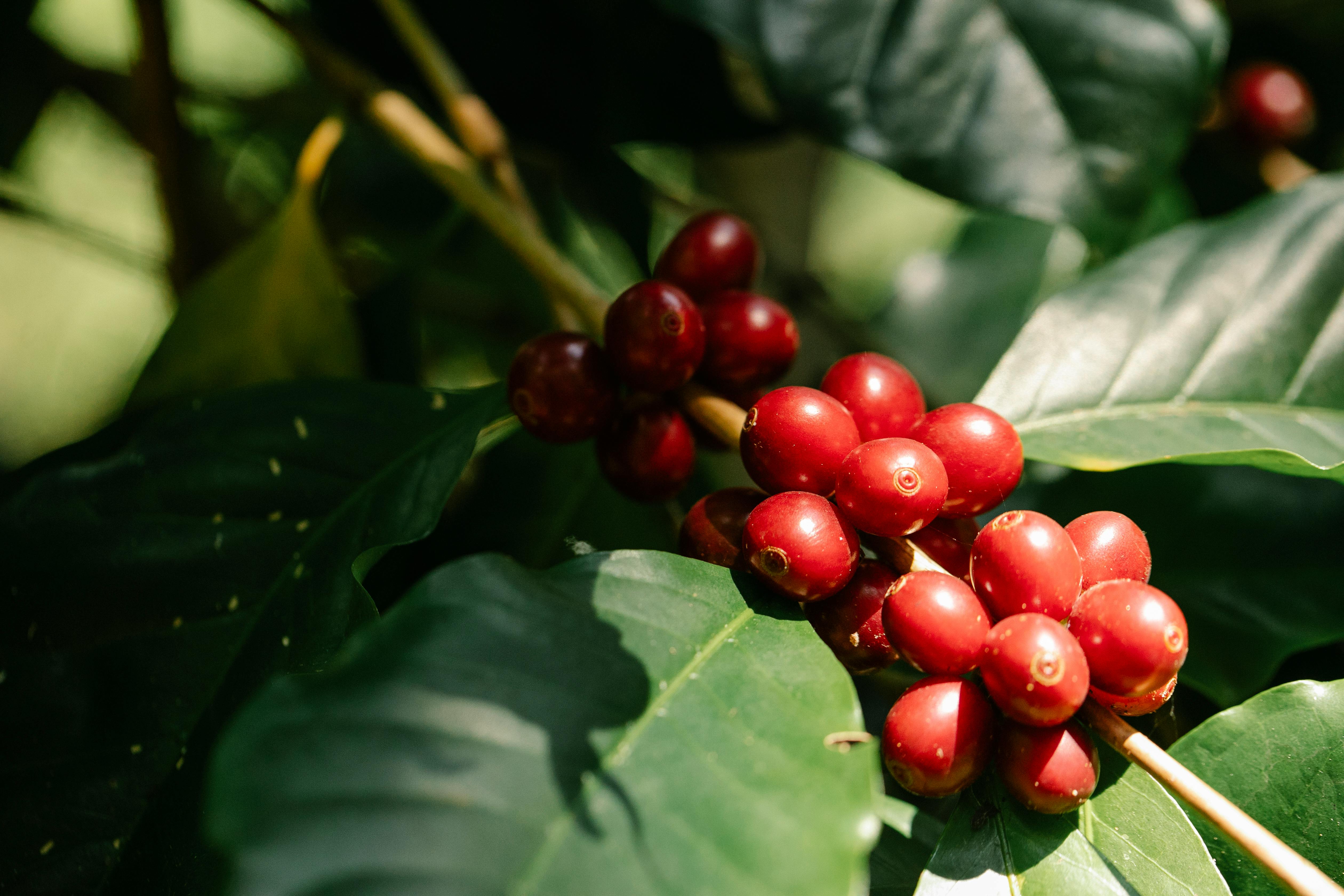
1. “Please tell me: what makes that coffee so ‘special’?”
If you are an avid coffee drinker, this post is of high interest to you. Many times, when you are in the city and you need a place to have a break, to work on your laptop, to have a meeting with colleagues, to have a talk with friends or to date the person you like, you mainly have two options: going to a regular café, the one you can find almost on every corner and serves the same pastries you can find everywhere and the same average coffee you can get on any supermarket… or going to a more exclusive specialty coffee shop, a particular kind of café where you can find not only a chilled and cozy atmosphere to stay for as long as you like, but also the most delicious pastries, and the rarest and most interesting coffees brought from the most exotic parts of the world. That’s a specialty coffee shop and what you can expect to get there, broadly speaking.
But what is “specialty coffee”, actually? Can we define "specialty coffee" based on the place and the atmosphere in which it is served? Is “specialty coffee” a mere subjective perception when drinking coffee, or is there an objective aspect, something in the product itself and in the way it is prepared that can unexpectedly impress us with a superior quality?
Of course, there are many studies that show that our mood can influence the way we perceive the taste of coffee. But if that were the only truth, we could simply decorate our premises and serve cheap, dirty coffee (that's the game many businesses have traditionally played).
To resolve my doubts, I decided to begin my inquiry by asking someone who has always helped me and given me good advice when I always needed it, someone with sufficient authority on this and many topics: I asked my Colombian friend, Jesús from Medellín. Jesús gave me a short list of his personal criteria to decide if the coffee he drinks is truly specialty or not.
“First”, he said, “focus on the barista”. “Does he/she have visible piercings and tattoos? Does he/she wear a beard? Does he/she have pink, red, green or blue painted hair?”. Secondly, “feel the place” (whatever that might mean). “Does the café have unpainted walls and exposed pipes? Plants and bicycles hanging around?” - Yes. “Then it is highly probable they are specialty”. Yeah. Those were his indicators and actually, also the common sense of plenty of coffee-drinking people. However, I have to accept, Jesús’ input is not that useful to define specialty coffee by itself.
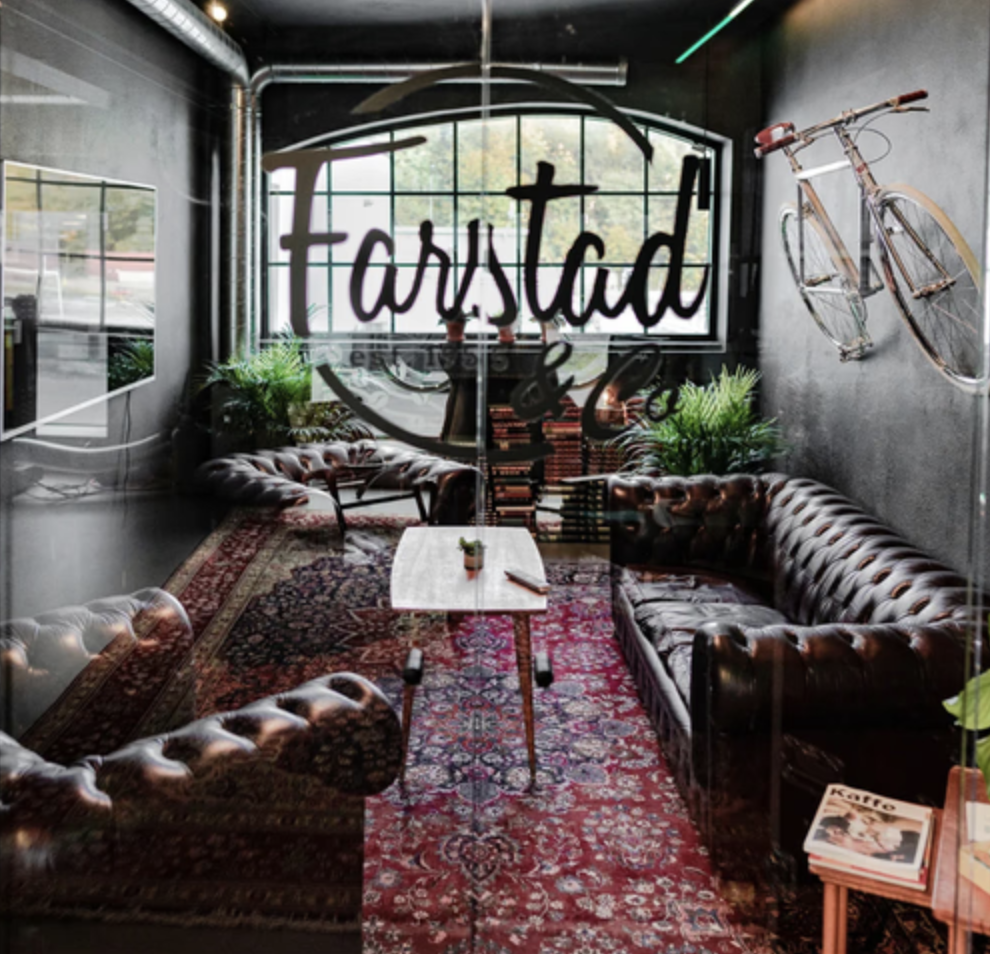
2. The SCA and CQI definition of specialty
Being not satisfied with the input coming from the street knowledge of my Colombian friend, I decided to research more and consult the professional opinion of more serious people on this subject. People, let's say, more renowned and with more coffee expertise than my Colombian friend from Medellín.
In the world of coffee, there are two important and internationally recognized institutions that are "guardians" of the quality of specialty coffee: the Specialty Coffee Association (SCA) and the Coffee Quality Institute (CQI), both working in close collaboration. The SCA is, on one hand, mainly responsible for promoting coffee knowledge and setting the quality standards for specialty coffee worldwide. The CQI, on the other hand, has been delegated with the task of awarding the “Q-grade” to professional coffee cuppers. If a coffee professional trains enough his sensory skills and approves the highly demanding exam of the CQI, he gets awarded with the Q-grade and becomes, what is called, “a Q-grader”: a coffee expert with fine sensory skills who can taste, assess and compare the quality of any coffee aligned to the SCA standards and give a quantitative score according to the SCA scale. Q-graders are the right people who can differentiate what specialty coffee is from what it’s not.
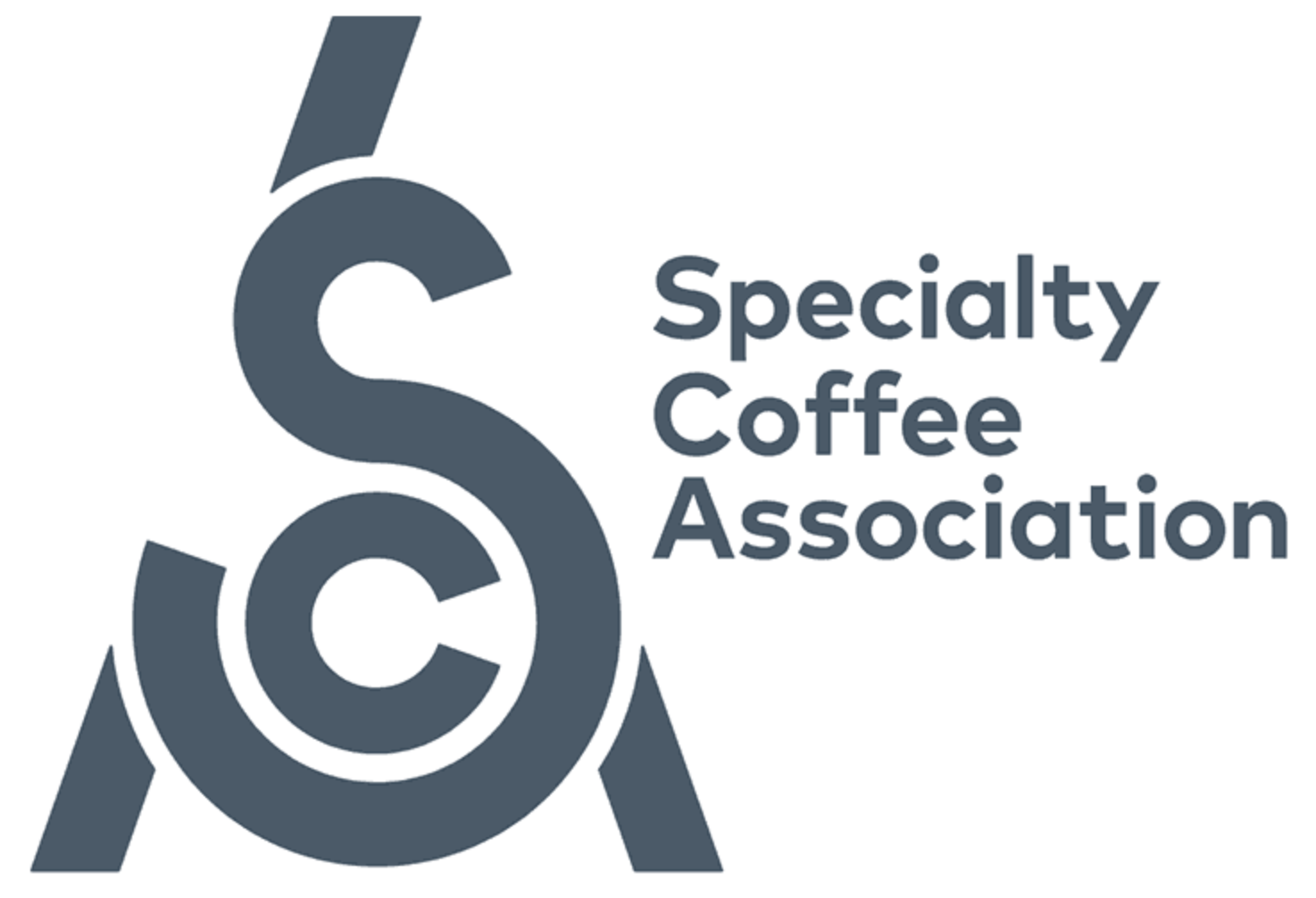

According to the most traditional definition of the SCA and CQI, a coffee qualifies as specialty if, after being cupped by Q-graders, it scores over 80 on the SCA’s 100-point scale. To achieve this, a specific lot must have undergone adequate grain selection, must be well classified by size, be free of any primary defects, and show desirable sensorial attributes.
- 90-100 – Exceptional (Specialty)
- 85-89.99 – Excellent (Specialty)
- 80-84.99 – Very good (Specialty)
- < 80.0 – Below the Specialty threshold (Non Specialty)
This definition has been mainly used in the coffee industry by producers, traders and roasters to refer to the quality of the raw material they were dealing with. However: although it expresses that a specific lot has reached a quality standard and gives information about the potential of those green beans to develop different flavor notes after being roasted, it doesn’t say much to the final customer about the quality of the final product: the roasted beans or brewed coffee he’s actually about to drink. In other words: even though that score is a guarantee of the quality of the raw material in the moment the assessment was made and this definition is extensively used to trade coffee in the coffee industry, it must also be considered that the roaster and the baristas have the last word before it gets served and have the responsibility of transforming plain coffee beans into a delicious coffee drink.
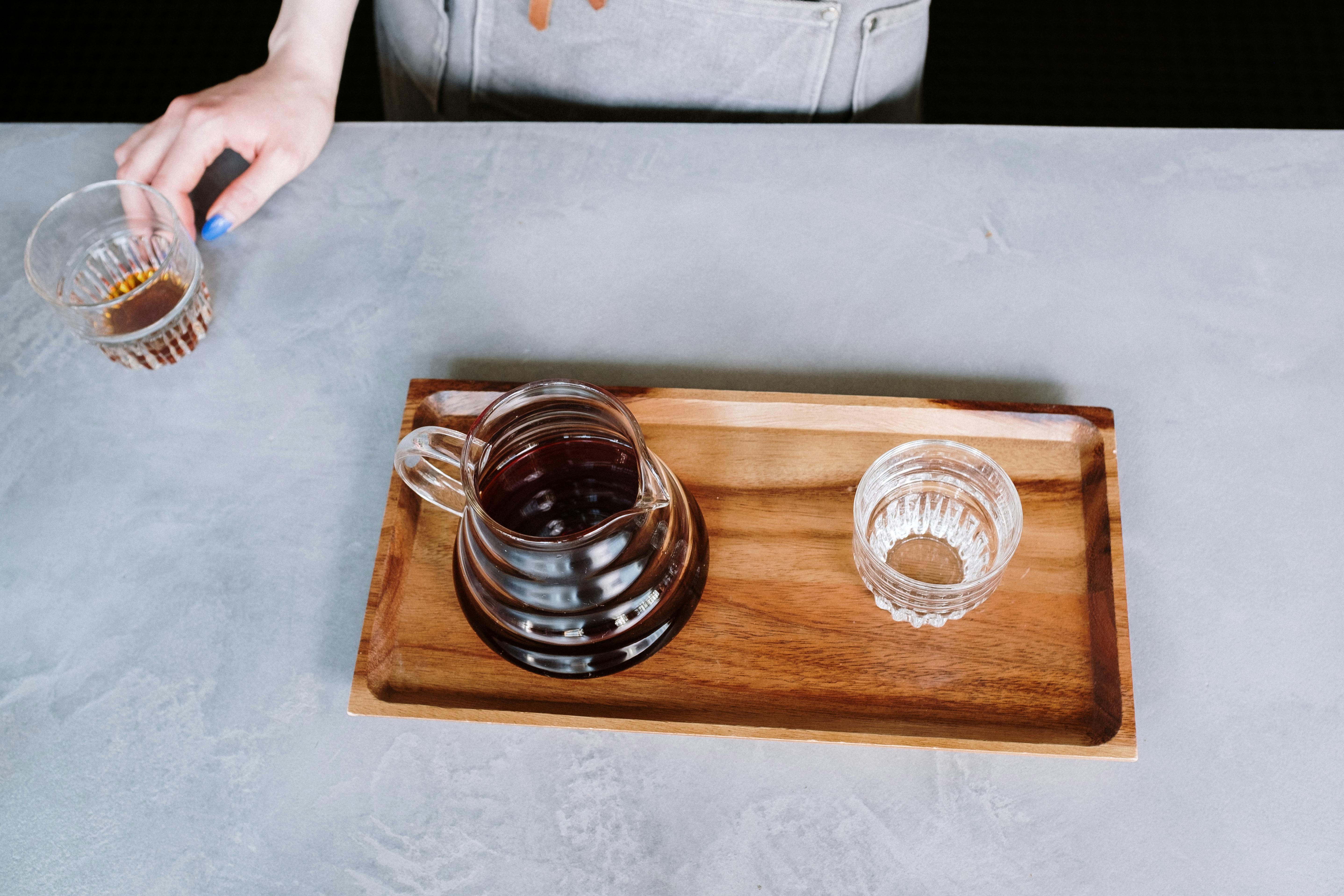
3. Specialty: some knowledge and a definition for coffee drinkers
But how can we define specialty coffee then? I suggest a more holistic definition of specialty coffee, one that is more close to the consumer and based on the perspective of the people who are actually having the coffee drinking experience.
Specialty coffee is a coffee that has met high quality standards throughout every step of the supply chain. Specialty coffee means that each supply chain actor has carried his work meticulously and followed quality standards relevant to his production stage in order to achieve the great cup of coffee that you have in front of you.
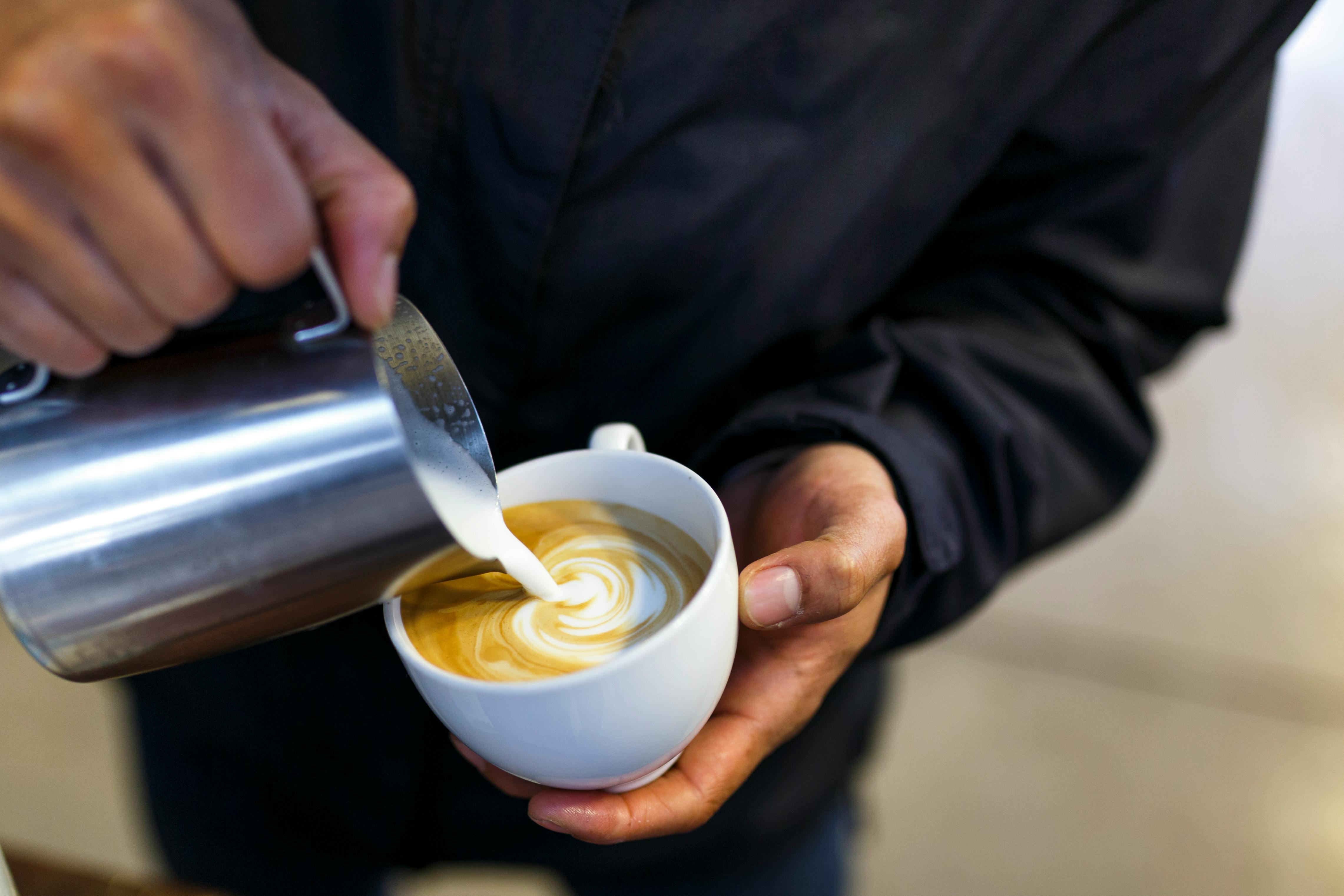
For a producer, for instance, being responsible for producing specialty coffee means that the coffee plants have to be carefully cultivated and that the coffee cherries have to be selected and only picked when they are ripe, at the right time.
For the factory manager, responsible for coffee processing at origin, specialty coffee means that the coffee cherries were washed and sterilized immediately after harvesting, that the fermentation was controlled, that storing protocols were followed, and that the coffee has been handled safely and in accordance with best processing practices.
For exporters and importers, specialty coffee means that after processing, the transportation of the coffee from its producing region in its country of origin to the roastery in the destination country has been smooth, without setbacks, with complete traceability, adequate storage and handling of the product protecting it from external changes in temperature and humidity, all the time. This also means that, if a coffee received an SCA-score at the origin before being exported, upon arrival in the destination country this score is maintained thanks to proper handling of the product.
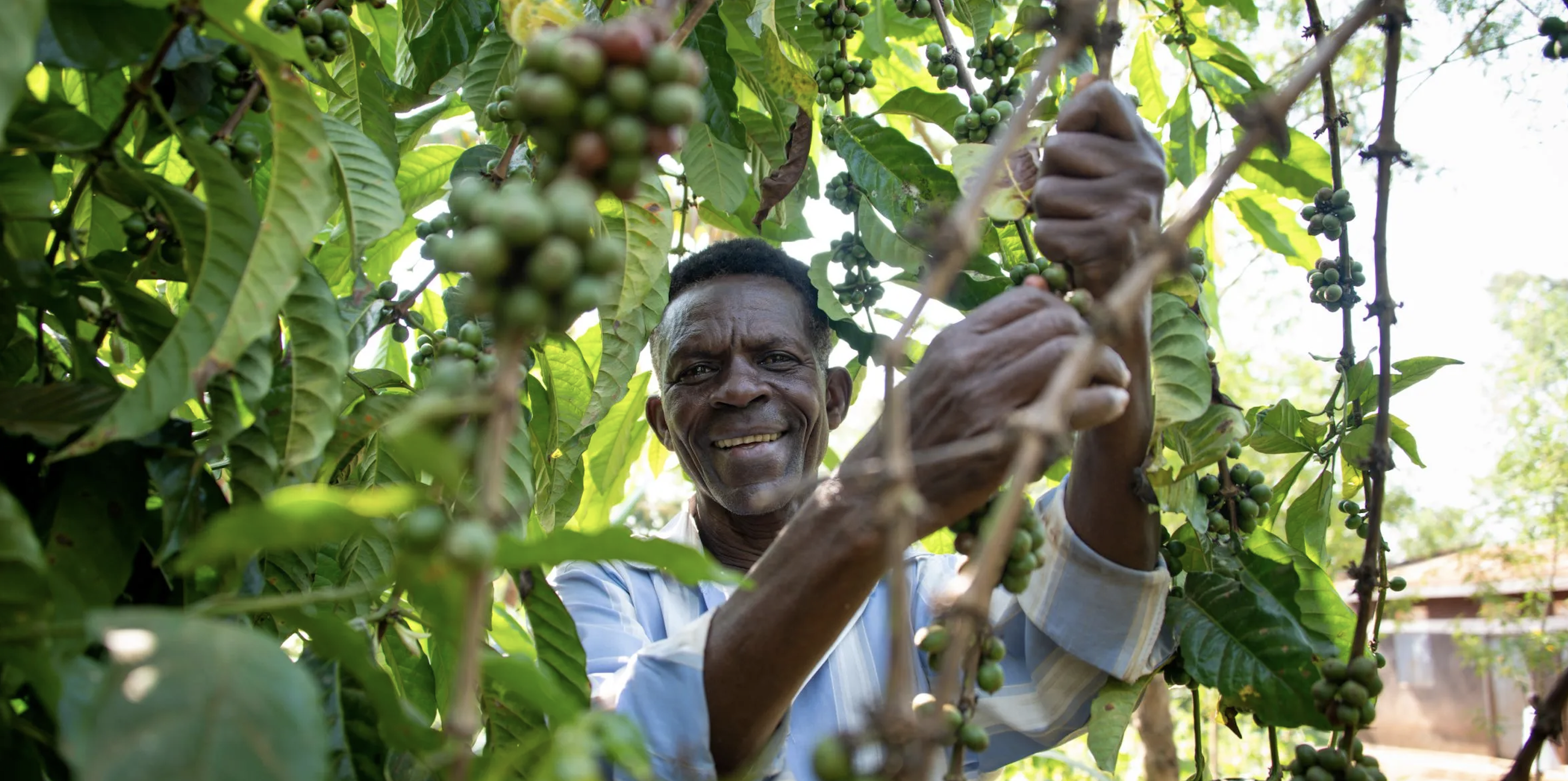
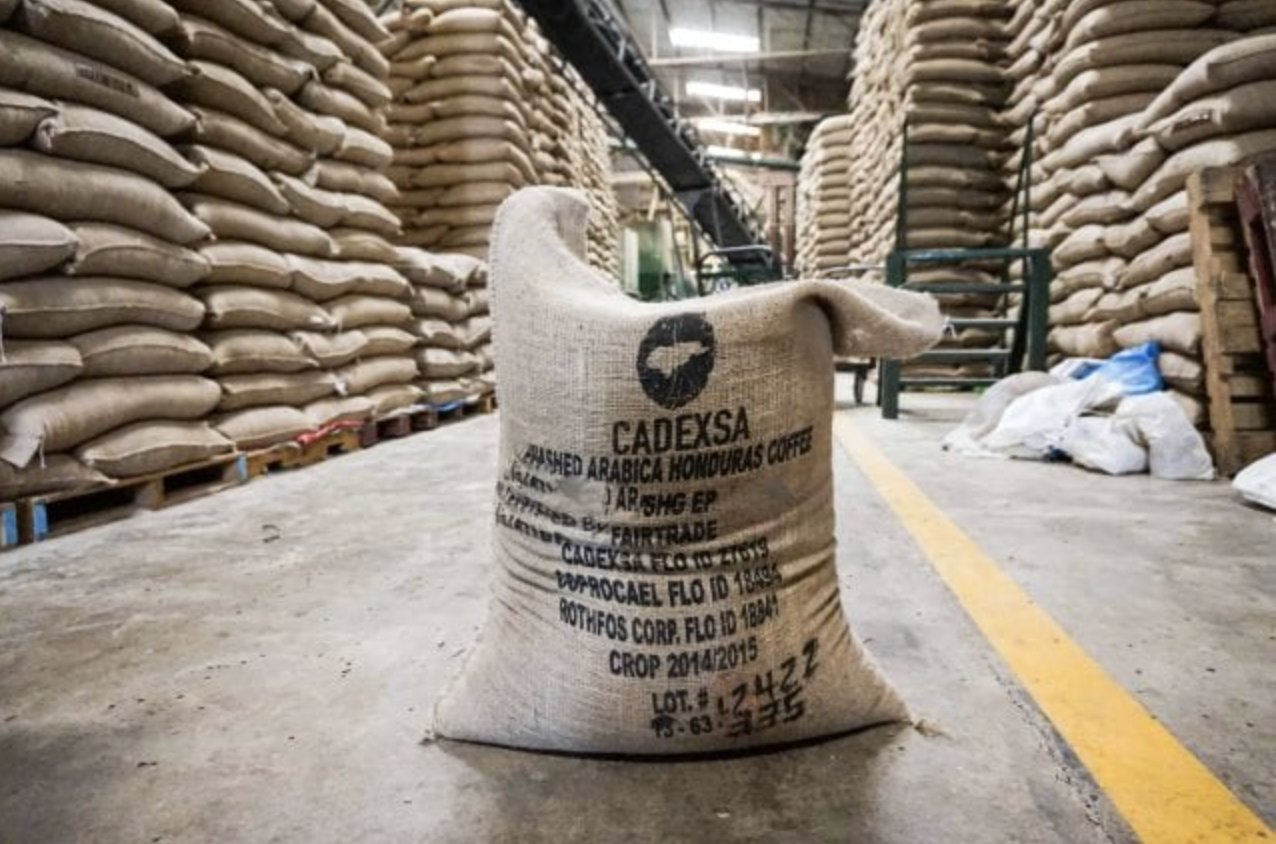
What does specialty coffee mean for a roastery?
A specialty coffee roaster chooses carefully the beans he’s going to work with, according to high quality criteria. He only buys coffees that are rare, fine, exotic, and have special attributes.
Each type of specialty coffee beans he chooses has specific physical characteristics that express the particular way those beans were processed in their origin country. There are many factors that intervene in the coffee processing at origin, and the set of those human and non-human (natural) factors is what we in the specialty coffee industry call terroir. Green coffee beans, with their specific physical characteristics, are an expression of their particular terroir.
As long as coffee remains raw, a roaster only perceives physical characteristics and the special sensorial attributes of coffee remain, we can say, latent. The task of a roaster is to translate those physical characteristics that result from the terroir into as many positive sensorial attributes as possible. A roaster has to be able to read the partiture and play the music, so to speak (the barista's task is also similar to this).
In order to showcase the terroir, the roaster must take special care not to burn the beans and roast them only to the point at which the chemical compounds in the bean begin to caramelize and manifest desirable sensory notes such as floral, fruity, chocolatey or nutty ones. Initial sour or bitter notes that may remind of the rawness of an unripe vegetable should be roasted out, and bitter notes that may taste or smell burnt should not appear. Thus, the roaster must find the perfect balance between acidity, sweetness and full body, and avoid the extremes of sourness, bitterness, or burnt notes.
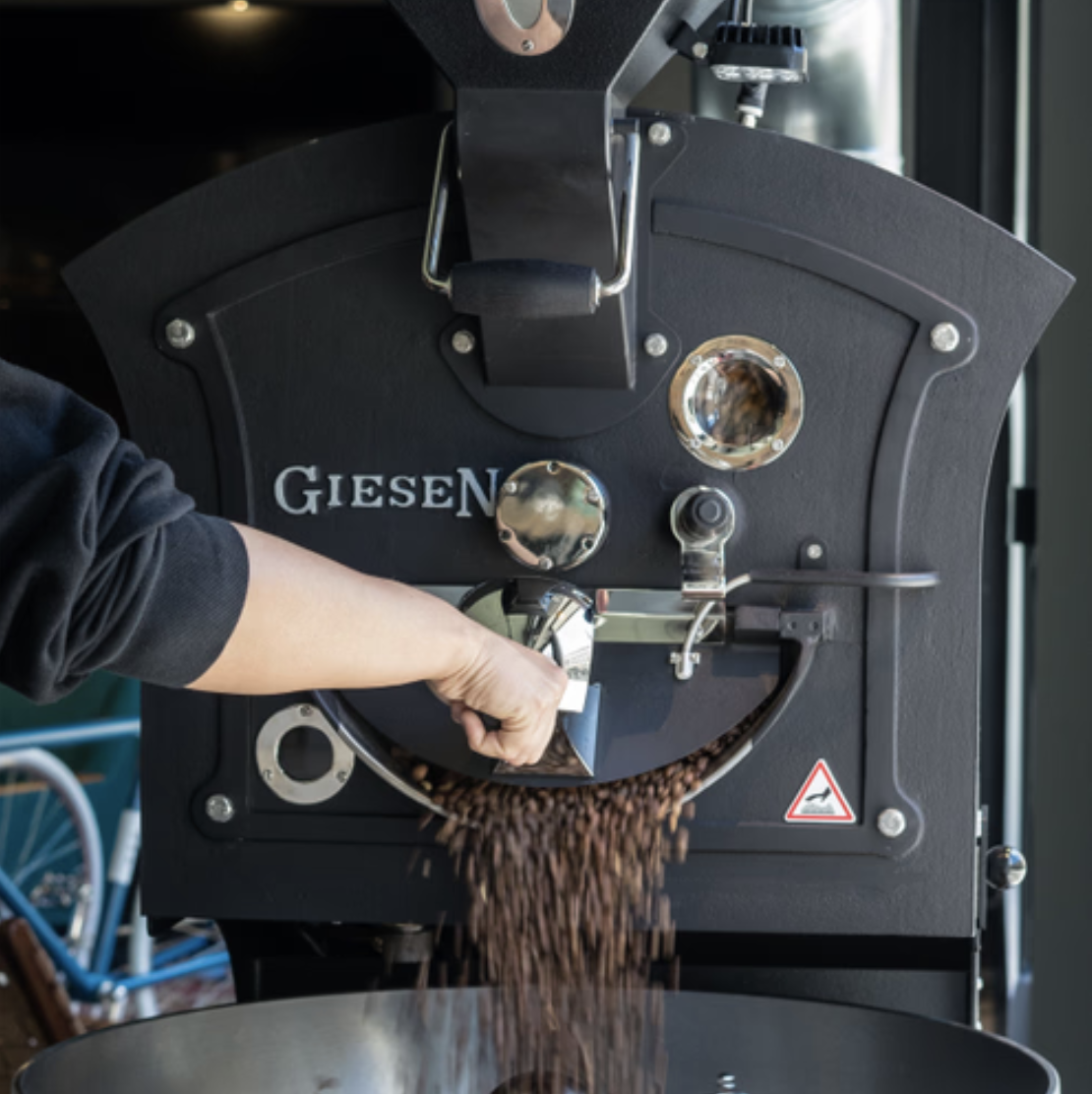
What can a coffee drinker expect from a specialty coffee?
Coffee is a fruit, and after careful cultivation, processing and roasting, it can become one of the most complex natural products. Depending on the variety, processing and roasting, coffee can develop in different directions and smell and taste in many different ways. The most exotic ones can show floral notes of jasmine, tea rose or hibiscus. Fruity notes of tropical fruits, stone fruits, citrus fruits, or ripe berries. Nutty and sweet notes like cocoa, almonds, caramel, or vanilla. Even exotic spices like cinnamon, cloves and anise can be present.
To summarize, we can go back to a provisional definition that the SCA has recently suggested in one of his last working paper:
“Speciality coffee is a coffee or coffee experience recognised for its distinctive attributes, and because of those attributes, has significant extra value in the marketplace.”
